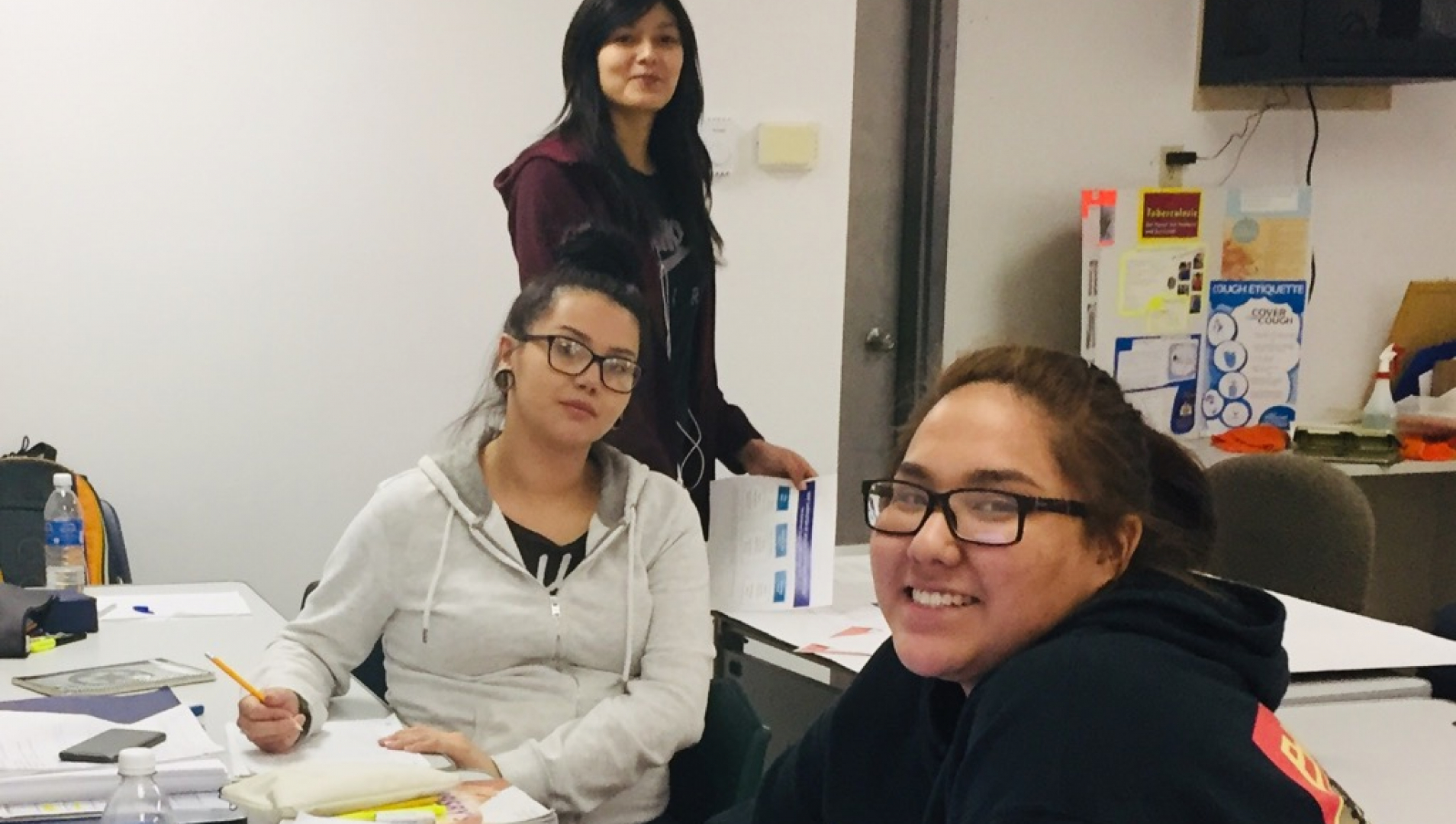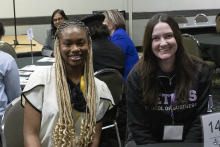Sixteen learners graduate from inaugural Child Development Worker program in Ebb and Flow
August 4, 2021
Sixteen students from Ebb and Flow First Nation have graduated from a Child Development Worker program developed to respond to a growing need in the community. The college developed the program, which was rolled out in fall 2019, with outcomes focusing on providing for children’s special needs and supporting their families.
"It’s very important to have programs focusing on child development—especially young children,” said Chief Wayne Desjarlais of Ebb and Flow First Nation. “We have a lot of community members who work in various organizations which support young children and it will be really important to see their skills developed.”
“The program is going to help the community as a whole. We’re always trying to provide opportunities for our youth to increase their skills without leaving the community.”
The community need for skilled child development workers arose from the provision of Jordan’s Principle programming. Jordan’s Principle is centred around a child-first and needs-based equitable approach for Indigenous children in Canada to access the products, services and supports they need when they need them.
“It’s so important, due to the new Jordan’s Principle funding in First Nations, to have a program which provides training for professionals to learn the skills needed to work with children who require additional support,” said Lillian Houle, Health Director at the Ebb and Flow First Nation Health Authority. “There has been a need for skilled professionals in this area and this program fills that gap.”
The program consisted of a combination of Education Assistant, Early Childhood Education and Comprehensive Health Care Aide courses to provide learners with a comprehensive lens into child development. Students were not required to travel or relocate as the program was delivered entirely within the community of Ebb and Flow.
“It is so beneficial for the courses to be in students’ local community,” said Cathy Cyr, instructor for the Ebb and Flow program. “For them, they know each other, are comfortable learning and supporting each other, and with families and commitments, they don’t have to spend hours away driving to class.”
An added bonus, Cyr says, was a learning experience for her.
“I was fortunate to feel the culture of their community and learn about the services and programs they offer.”




